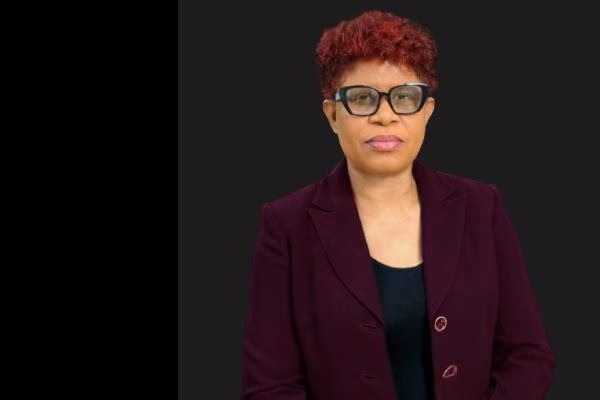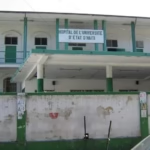Opinion | Emmanuel Paul
When I heard the news, my journalistic instinct told me to write a factual article. “Do what everyone else is doing. Write a factual article,” it told me. But my conscience had a different message. “Just as a doctor is forbidden from performing surgery on family members, you should not write about your own family,” it warned me.
After hearing both sides, I must admit that I was inclined to follow my journalistic instinct—until my conscience gave me another strong reminder. “Do you remember 2014?” it asked.
“What?” I replied.
“Let me remind you.”
In 2014, you were diagnosed with an extremely advanced stage of cancer. There wasn’t much hope for you. “Just a few days after your surgery, Marie Lucie Bonhomme traveled from Haiti to support you. She came with her father. You ate together. She washed the dishes. She spent the whole day with you and your family. Not once did she decide to turn your illness into a journalistic story.”
But how could she have done that? I was a nobody. Who would have cared to hear about me? “She had nothing to gain from publicly announcing your illness,” I argued.
At that moment, I felt like I had won against my conscience. But it wasn’t over. It kept questioning me.
“When MLB came to see you, did she ask to take your picture?” it asked.
“No,” I answered.
She could have asked to take photos with you and posted them on social media to gain sympathy from others. But she didn’t. All she wanted was to spend time with you, to support you.
“So now, you are obligated to show her a little respect,” my conscience said.
“But what’s wrong with writing about something that so many others have already announced?” I countered.
“Listen, sir: to her, you are not just anyone. You are family,” it bluntly reminded me.
That’s when I realized my conscience was right.
After this brutal conversation with my conscience, I found myself in deep reflection.
I remember when I first joined the newsroom at Radio Vision 2000. I was just a lost soul. A young man who thought he had talent, but who had nothing—not even the T in talent. Yet, Marie Lucie and Valery Numa saw something in me that no one else did. All I had was determination and a small spark of talent.
Together, they nurtured something extraordinary in me. They helped a tiny root grow into a flourishing tree. Many others could have easily crushed that fragile spark of talent. But Marie Lucie, Valery, and other colleagues cultivated it so well that today, I dare to take on the world. Today, I can interview some of the most important global figures.
I could write pages about Marie Lucie. I could do the same for Valery. But I will spare you the long lines.
I remember when Valery Numa personally went to see Léopold Berlanger to ask for a raise on my behalf. When Léopold refused, Valery dedicated an entire segment of the Vision 2000 à l’écoute show to promote a talent that I had not yet fully developed.
I remember January 12, 2010—the day of the devastating earthquake—when Valery gave me $500. He had chosen to share with me an award he had received from SOS Journaliste.
I could tell many more fascinating stories about Marie Lucie and other members of the great Radio Vision 2000 family. But I will stop here.
Through these words, I want to pay a heartfelt tribute to an exceptional journalist, a humanitarian who is more than just a colleague—she is family.
Many of you reading this might wonder: How do you pay tribute to someone when most of the text is about yourself? The answer is simple: To understand some heroines, you have to talk about the ordinary people they have helped to bring out something that, under other circumstances, might never have developed.
Wishing you a speedy recovery, Direk MLB.







